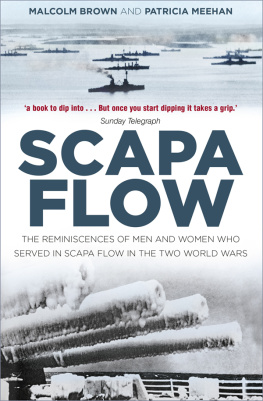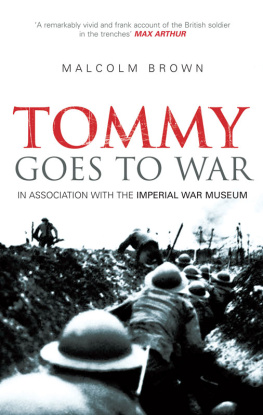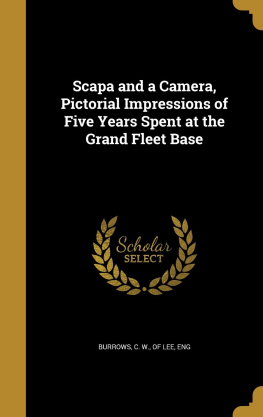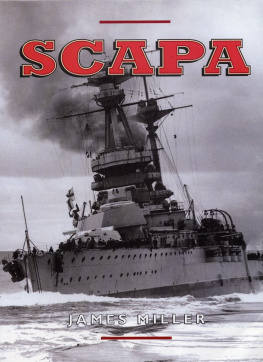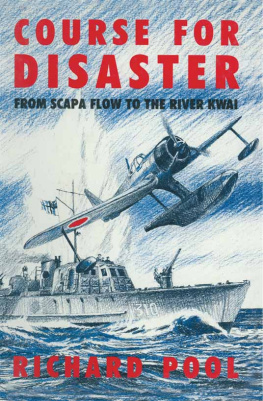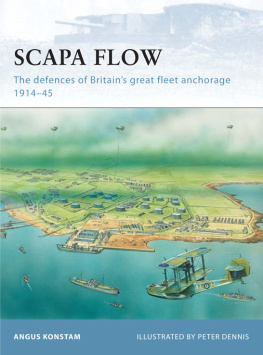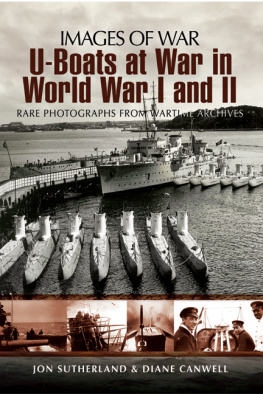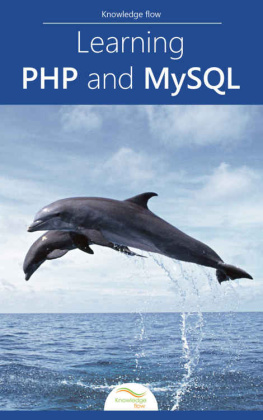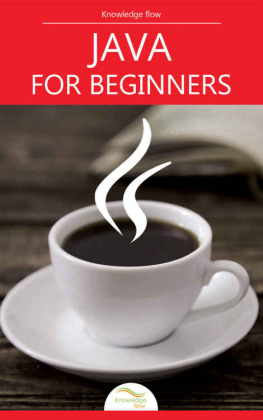Contents
Guide


First published in the UK in 1968 by Allen Lane The Penguin Press
This paperback edition published 2019
The History Press
97 St Georges Place
Cheltenham, GL50 3QB
www.thehistorypress.co.uk
Malcolm Brown and Patricia Meehan, 1968, 2001, 2008, 2019
The right of Malcolm Brown and Patricia Meehan to be identified as the Authors of this work has been asserted in accordance with the Copyright, Designs and Patents Act 1988.
All rights reserved. No part of this book may be reprinted or reproduced or utilised in any form or by any electronic, mechanical or other means, now known or hereafter invented, including photocopying and recording, or in any information storage or retrieval system, without the permission in writing from the Publishers.
British Library Cataloguing in Publication Data.
A catalogue record for this book is available from the British Library.
ISBN 978 0 7509 9279 4
Typesetting and origination by The History Press
Printed and bound in Great Britain by TJ International Ltd
eBook converted by Geethik Technologies

Contents
List of Illustrations
Acknowledgements
The authors and publishers are indebted to the following for their help in the provision of illustrations: Mr A. F. B. Bridges ().
We would also like to thank George Mackay Brown and B.B.C. Scotland for permission to print an extract from The Winter Islands, and Allie Windwick for permission to print Lonely Scapa Flow.
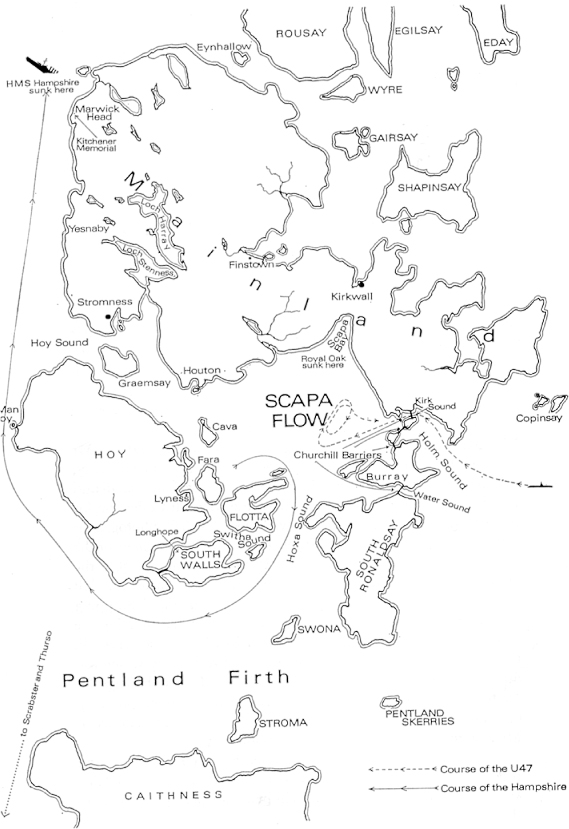
A Map of Scapa Flow showing the course of the Hampshire and U-47.
Extracts from A Memorial to the Lords Commissioners of Admiralty
Proposal for Establishing a Temporary Rendezvous for Line of Battle-Ships in a National Roadstead called Scapa Flow Formed by the South Isles of Orkney most humbly submitted to the consideration of the Rt Hon. the Lords Commissioners of the Admiralty and Presented to their Lordships by their most obedient and most humble Servant Graeme Spence late Maritime Surveyor to their Lordships.
If the peculiar situation of the Orkney Isles and the numerous Harbours they contain be duly considered with reference at the same time to Britain and Ireland and the West Coast of Europe as laid down in the annexed charts, it will not be at all surprising that the Northern maritime Nations of Europe such as the Danes, Swedes and Norwegians, should, from the earliest accounts we have of them have looked upon the Conquest of Orkney as an object of the first importance towards their obtaining that footing and possession which they ultimately got in Britain and Ireland...
Even the Romans so famed for their choice of eligible military stations, thought the Orkneys of so much importance that on the Division of the Empire among the sons of Constantine the Great, the Kingdom of the Orcades fell to the share of Constantine...
Our Neglect of them hitherto appears to me to Consist in our not availing ourselves of the Use that Nature seems to have intended them for, namely, a Northern Roadstead in which a Fleet of Men of War might Rendezvous and be ready to Act either on the offensive or defensive, from this Advanced post as circumstances might require....
Scapa Flow is, in my opinion, admirably well adapted for a Northern Roadstead for a Fleet of Line-of-Battle-Ships; and it is doubtless the finest natural Roadstead in Britain or Ireland except Spit-Head, if all the Qualities which constitute a good Roadstead be properly considered...
Nature seems to have given every degree of Shelter to Scapa Flow that could possibly be expected in a Roadstead of such extent; and therefore it wants no artificial Shelter, a circumstance greatly in its favour.
The depth of Water is great, there being from 10 to 20 fathoms all over the Flow; the which in a more confined Anchorage would be rather a disadvantage; but as there is plenty of room here to stow the Anchor, I shall call it, in the Sailors phrase, a Good fault...
If we had a strong Fleet there in War time, it would prevent the Enemy from going North-about Britain to Ireland or elsewhere should he ever attempt it. Our Fleet there would also intercept and prevent all the Enemys Trade North-about Britain to Russia, Sweden, Norway, Denmark, Holland and Flanders, a Route which those Nations often take especially in War time.
When our Fleet, which is Blockading the Baltic and the Northern Ports of the Enemy, has occasion to quit these Stations, it might Rendezvous in Scapa Flow, in the greatest shelter and safety and secure from danger...
I have thus presumed to Present this Work to the Rt Honorable the Lords Commissioners of the Admiralty (whose Servant I have been in this line alone for the last 8 years of my life) from an idea that I could not discharge my Duty better than by submitting to their consideration a Scheme and Plan which has for its Object the Extension of the Maritime Power and Greatness of Britain; which, I beg, they will graciously condescend to Accept from the hands of their Lordships most obedient and most humble Servant Graeme Spence.
London, 4 June 1812
Introduction
This is a book of voices. They are the voices of men and women who served in two world wars in one of the bleakest and most remote places in Britain Scapa Flow, in the islands of Orkney. They are the voices of the lower deck, the barrack room, the lonely gunsite and they are as fresh and alive as when we first heard them forty years ago.
It all began with a BBC TV documentary. The idea had come from the well-known writer and broadcaster Ludovic (now Sir Ludovic) Kennedy. He had been based in Scapa Flow as a lieutenant in destroyers from 1940 to 1943 and had never forgotten the enduring and particular fascination of the place. While planning the programme we, the producers, published an appeal in the Radio Times asking people who had served in Scapa Flow to send in their accounts of life there during the two world wars. What we were hoping for was a modest crop of nicely written reminiscences from which a handful of pungent and evocative quotations might be extracted for use in the programme. What we got was something quite extraordinary.
After a few days two or three letters arrived. The following day there were a dozen more. And then they came in a prolonged avalanche everything from anecdotes pencilled on the backs of postcards to semi-autobiographies many pages long. It was an amazing and moving response. Altogether well over seven hundred replies were received. Roughly half the letters were about the First War, half about the Second. The Navy, as was inevitable, predominated, but the Army was extremely well represented, as were, to a slightly lesser degree, the Womens Services and the RAF.
But it was not only the quantity which was impressive. Our appeal had somehow touched a nerve in the people who had responded to it. It had given the rank and file their chance and they had taken it.

